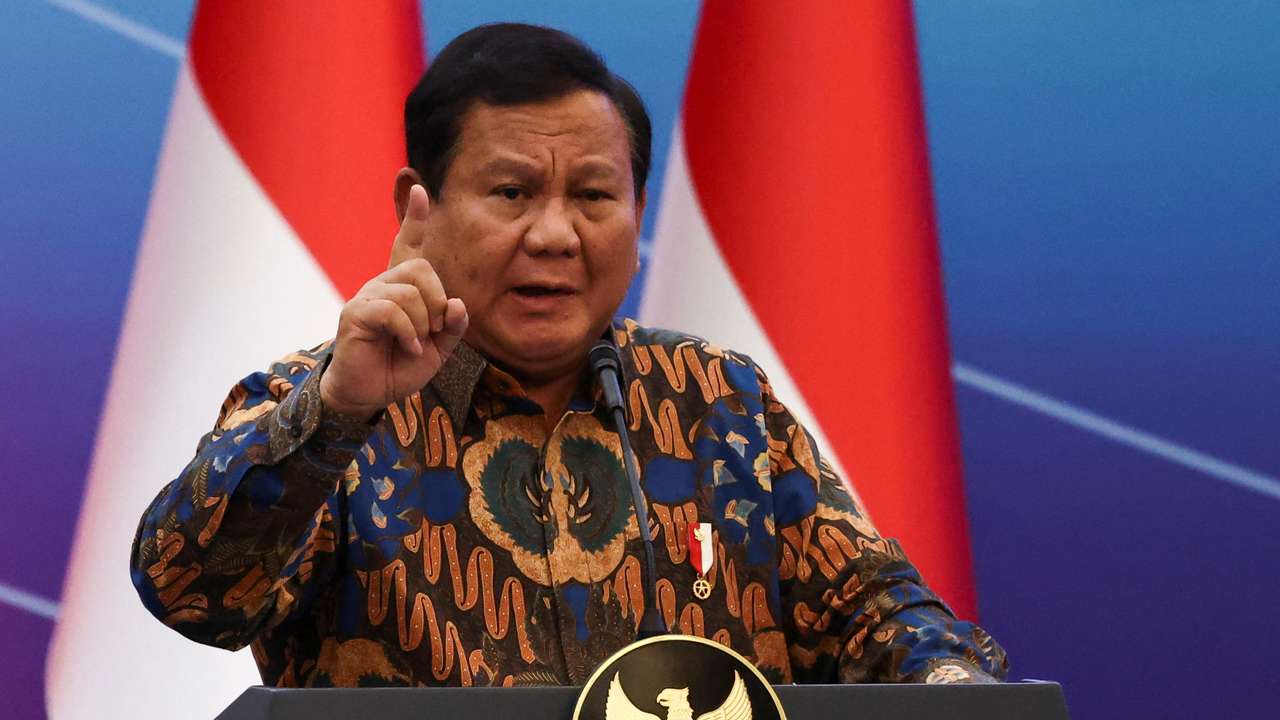Indonesia drops 1.8 million families from social assistance scheme

Indonesia’s Ministry of Social Affairs has removed 1.8 million families from the national list of social assistance (bansos) recipients in the second quarter of 2025, following a government-led data review aimed at ensuring more accurate and targeted aid distribution.
The move comes under the directive of President Prabowo Subianto, who has called for increased efficiency in the country’s social welfare programs. Minister of Social Affairs Saifullah Yusuf, said the decision was based on updated economic data showing that these families no longer fall within the lower-income bracket.
"We found most of them in decile 6 and above. This means that their economic conditions have improved and they are more independent. So, they are no longer in decile 1, 2, or 3," said Yusuf in his statement.
The government uses a decile-based system to classify socioeconomic status, with deciles 1–4 representing the poorest 40% of the population.
The data-driven overhaul is guided by the National Social and Economic Single Data (DTSEN) system, now the central reference point for social aid allocation. The reallocated funds will now be directed toward extremely poor families deemed more in need of support.
“This means that we are diverting social assistance to those who are more entitled to receive it,” said Yusuf, adding that data will be updated regularly to keep the program responsive to current needs.
The DTSEN update process incorporates both formal and participatory mechanisms. The formal process involves data integration across government agencies, while the participatory path relies on public input through the Cek Bansos mobile app, which allows individuals to propose themselves or others for aid or to contest existing data.
“We ask the public to complete the requirements in the app if they want to propose or refute data,” said Yusuf. If validated by the Central Statistics Agency (BPS), the changes will be reflected in future distribution cycles.